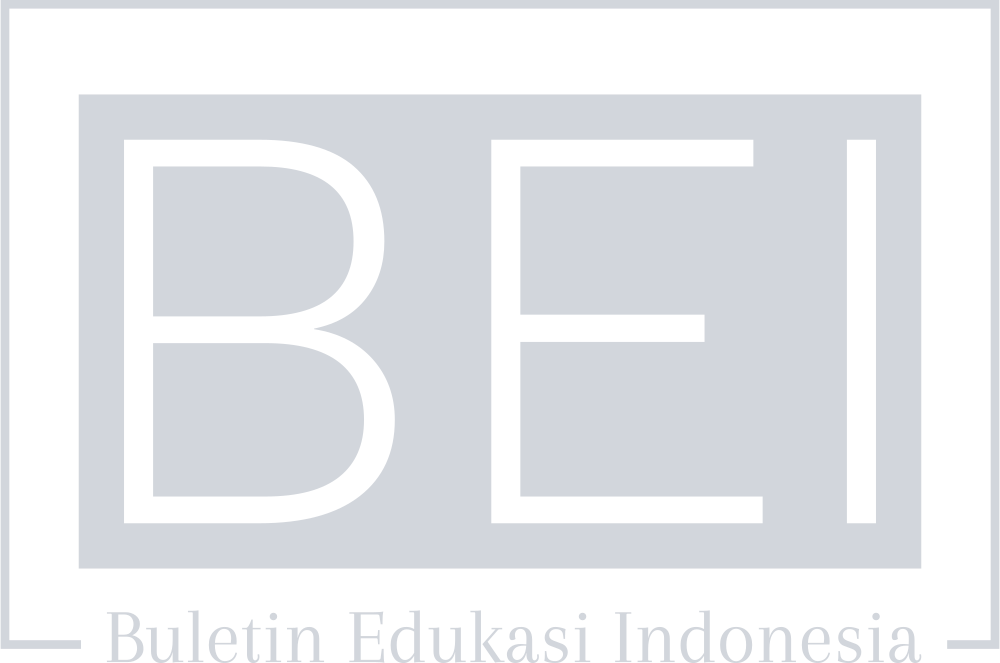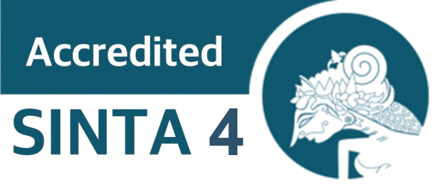The Future of Education Related to SDG 16 (Peace, Justice, and Strong Institutions)
DOI:
https://doi.org/10.56741/bei.v3i01.517
Keywords:
Education, Future of Education, SDG4, SDG16, Sustainable development goals
Abstract
The spreading aspects of the seventeen sustainable development goals have been of concern to researchers in education worldwide. These goals have shed light on and captured the attention of very crucial issues. The significance of these issues (the core of each SDG) lies in their importance, connectedness, and mutual influence on each other. Education, the highest peak of achievement in every society, and hence in the whole (small) world, is directly affected by each SDG. That was the reason for considering the future of Education in sight of one of the most influential sustainable goals, namely, peace, justice, and strong institutions. The current paper is a position paper that discusses the float of the sixteenth sustainable goal along the future of Education. The researchers propose two statements: firstly, SDG 4 (Quality Education) and SDG 16 possess a reciprocal interaction property (i.e., mutually impact each other). Secondly, this cyclic process has to start by first accomplishing SDG 16.
Downloads
References
United Nation. (2016). The sustainable development agenda. Available at: https://www.un.org/sustainabledevelopment/. Accessed 1 Feb 2020.
Lawrence, A. W., Ihebuzor, N., & Lawrence, D. O. (2020). Comparative Analysis of Alignments between SDG16 and the Other Sustainable Development Goals. International Business Research, 13(10), 1-13. DOI: https://doi.org/10.5539/ibr.v13n10p13
IAEG-SDGs. (2020). Tier Classification for Global SDG Indicators (as of 17 July 2020). Available at: IAEG-SDGs — SDG Indicators (un.org). Accessed 10 January 2024.
Acemoglu, D., & Robinson, J. A. (2013). Economics versus politics: Pitfalls of policy advice. Journal of Economic Perspectives, 27(2), 173-92. DOI: https://doi.org/10.1257/jep.27.2.173
Ebrahimian, D.(2003) Conflict Prevention. Commission for Social Development in. Korten, D.C. The World According to George Soros. Tikkun Magazine. March/April 2001.
Pashby, K. (2012). Questions for global citizenship education in the context of the ‘new imperialism.’ In V. de Oliveira Andreotti and L. M. TM. de Souza (Eds.) Postcolonial Perspectives on Global Citizenship Education, (pp. 9–26). New York: Routledge.
Lee, S. S. (2020). Fostering “global citizens”? Trends in global awareness, agency, and competence in textbooks worldwide, 1950‒2011. Prospects, 48(3), 215-236. DOI: https://doi.org/10.1007/s11125-020-09465-2
Amamio, M. C. (2004). The role of peace education in preventing conflict. UNISCA.
Milton, S. (2021). Higher education and sustainable development goal 16 in fragile and conflict-affected contexts. Higher Education, 81(1), 89-108. DOI: https://doi.org/10.1007/s10734-020-00617-z
Klima, N., Martins Vasconcelos Senra, J., & De Backer, J. (2021). Higher Education Institutions (HEIs) and SDG 16: inter-and transdisciplinary cooperation towards impact. Freedom From Fear Magazine, 12, 159-169.
Zhang, T., Shaikh, Z. A., Yumashev, A. V., & Chłąd, M. (2020). Applied model of E-learning in the framework of education for sustainable development. Sustainability, 12(16), 6420. DOI: https://doi.org/10.3390/su12166420
Okpa, J. T., Ajah, B. O., Eze, O. J., & Enweonwu, O. A. (2023). Communal Conflict and Violence: Causes and Impact. In Handbook of Anger, Aggression, and Violence (pp. 1-17). Cham: Springer International Publishing. DOI: https://doi.org/10.1007/978-3-030-98711-4_184-1
UNESCO (2019). Global Education Monitoring Report. Migration, displacement, and education: Building Bridges, not Walls. Paris, UNESCO. Available at: https://en.unesco.org/gem-report/report/2019/migration. Accessed 20 April 2023.
Muhammad, M. (2015). Governance of pre-university education institutions as an approach to promoting the ethics of the teaching profession in the Arab Republic of Egypt. The Scientific Journal for The College of Education, 31(4), 397-468.
Awad, A. (2011). Governance of NGOs and comprehensive quality assurance of pre-university education institutions. Journal of Studies in Social Work and Human Sciences, 30(2), 415-419.
Ibrahim, K. (2014). The experiences of some developed and developing countries in the field of implementing good governance in pre-university education. The World of Education, 47(5), 17-81.
Hajdukiewicz, A., & Pera, B. (2020). Education for sustainable development—the case of massive open online courses. Sustainability, 12(20), 8542. DOI: https://doi.org/10.3390/su12208542
The Global Observatory, 2019. Available at: https://theglobalobservatory.org/2019/06/integrating-goal-16-human-rights-with-all-sdgs-vital-to-2030-agenda/ . Accessed 1 February 2022.
Johnson, J. (2004). Development as freedom, freedom as happiness: Human development and happiness in Bhutan. In Gross National Happiness and Development—Proceedings of the first international conference on operationalization of Gross National Happiness (pp. 457–471). Thimphu: Centre for Bhutan Studies.
Mintzberg, H. (2015), Rebalancing Society: Radical Renewal Beyond Left, Right, and Center. Berrett-Koehler Publishers, San Francisco.
Mukhi, U., & Quental, C. (2019). Exploring the challenges and opportunities of the United Nations sustainable development goals: a dialogue between a climate scientist and management scholars. Corporate Governance: The International Journal of Business in Society, 19(3), 552-564. DOI: https://doi.org/10.1108/CG-01-2018-0028
Downloads
Published
How to Cite
Issue
Section
License
Copyright (c) 2024 Sultan Kowkas, Shaheen Shayeb, Narmeen Bransi

This work is licensed under a Creative Commons Attribution-ShareAlike 4.0 International License.
Accepted 2024-02-08
Published 2024-02-10















